Love and Support: Couples Rehabs’ Role in Healing
In the journey towards recovery from addiction, having the love and support of a partner can make all the difference. Couples rehabs offer a unique approach to addiction treatment, focusing on healing not only the individual but also the relationship. In this article, we’ll explore the vital role of couples rehabs in promoting healing, strengthening relationships, and supporting joint recovery.
Addiction can take a significant toll on relationships, often leading to trust issues, communication breakdowns, and emotional distance between partners. Couples rehabs provide a safe and supportive environment where both individuals can address their substance abuse issues while also working on repairing and strengthening their bond.
Couples Rehabs Services 888-325-2454
Understanding Couples Rehabs
Couples rehabs, also known as couples rehab centers or joint recovery programs, provide addiction treatment in Orange County for couples who are struggling with substance abuse issues. These specialized facilities offer a supportive environment where couples can embark on their recovery journey together, addressing both individual and relationship challenges along the way.
The primary goal of couples rehabs is to provide comprehensive treatment that addresses the interconnected nature of addiction and relationships. Rather than treating each partner separately, couples rehabs recognize that addiction often affects both individuals and their relationship dynamics. As such, these programs offer a holistic approach to recovery that focuses on healing not only the individual but also the partnership.
Couples rehabs typically offer a range of therapeutic interventions and support services tailored to the unique needs of couples dealing with addiction. These may include individual therapy sessions, couples counseling, group therapy, and workshops on communication skills, conflict resolution, and healthy relationship dynamics.
Additionally, couples rehabs provide a structured and supportive environment where couples can detoxify from substances safely and work through the underlying issues contributing to their addiction. This may involve addressing trauma, unresolved conflicts, co-dependency issues, or other factors that may be impacting the couple’s ability to achieve sobriety.
The Role of Love and Support in Healing
Love and support are powerful healing forces that can inspire individuals to overcome addiction and rebuild their lives. In couples rehabs, partners are encouraged to lean on each other for support, drawing strength from their love and commitment to each other’s recovery. Through mutual encouragement, empathy, and understanding, couples can navigate the ups and downs of recovery together, knowing that they are not alone in their journey.
The role of love and support in healing within couples rehabs is multifaceted. Firstly, love serves as a motivating factor for individuals to seek help and commit to the recovery process. The desire to protect and support their partner can inspire individuals to confront their addiction, seek treatment, and make positive changes in their lives.
Once in treatment, love and support continue to play a crucial role in the healing process. Partners in couples rehabs provide each other with emotional support, validation, and encouragement, creating a safe and nurturing environment for recovery. Knowing that they have a trusted ally by their side can boost individuals’ confidence, resilience, and determination to overcome challenges and stay sober.
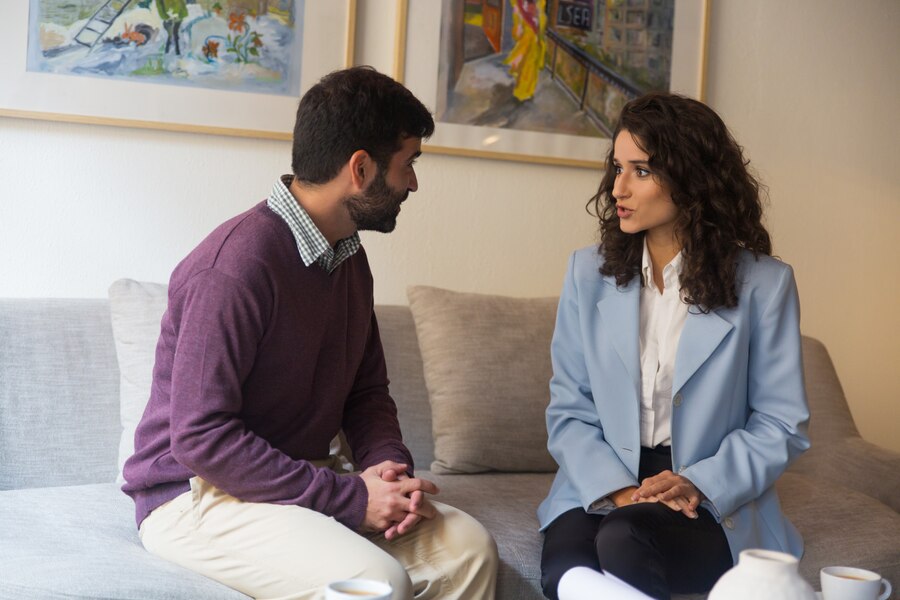
Benefits of Couples Rehabs in Healing
Couples Rehabs offer specialized programs that provide support and therapy for partners struggling with addiction or mental health issues simultaneously. By addressing individual and relational challenges in tandem, these programs promote mutual healing, communication, and long-term recovery for both partners. Here some of benefits that couples rehabs:
Joint Recovery
Joint recovery in couples rehabs offers couples the opportunity to undergo addiction treatment together, providing mutual support and encouragement throughout the process. By sharing the recovery journey, couples can strengthen their bond and develop healthier coping mechanisms to navigate life’s challenges.
In couples rehabs, partners work collaboratively to address their individual substance abuse issues while also addressing the dynamics of their relationship. Through therapy sessions, group activities, and educational workshops, couples learn to communicate effectively, set boundaries, and support each other’s sobriety goals.
One of the key benefits of joint recovery in couples rehabs is the opportunity for couples to heal together. Addiction can take a toll on relationships, causing mistrust, resentment, and communication breakdowns. In couples rehabs, partners have the space to address underlying issues, rebuild trust, and cultivate a deeper understanding of each other’s experiences.
Couples Therapy
In couples rehabs, couples have access to specialized couples therapy sessions designed to address relationship issues and strengthen communication skills. These therapy sessions provide a safe space for couples to explore underlying issues, heal emotional wounds, and rebuild trust and intimacy.
Couples therapy in rehabs focuses on fostering healthy communication patterns and addressing the dynamics that may have contributed to substance abuse within the relationship. Therapists work with couples to identify and resolve conflicts, improve problem-solving skills, and enhance emotional connection.
Through couples therapy, couples learn effective communication techniques such as active listening, expressing emotions constructively, and setting boundaries. They also explore topics such as forgiveness, empathy, and understanding, which are essential for rebuilding trust and repairing the relationship.
Supportive Partnership
Couples rehabs foster a supportive partnership between couples and treatment professionals, creating a collaborative environment where couples feel empowered to take ownership of their recovery journey. Treatment staff work closely with couples to develop personalized treatment plans that address their unique needs and challenges.
In this supportive partnership, couples have the opportunity to actively participate in decision-making processes regarding their treatment. They are encouraged to communicate openly with their treatment team, providing insights into their relationship dynamics, individual struggles, and goals for recovery.
Treatment professionals in couples rehabs offer guidance, encouragement, and support throughout the recovery process, helping couples navigate obstacles and celebrate milestones together. Whether it’s attending therapy sessions, participating in group activities, or exploring alternative healing modalities, couples can rely on their treatment team to provide personalized care and guidance every step of the way.
Relationship Healing
Relationship healing is a fundamental aspect of the recovery journey in couples rehabs. These specialized treatment centers recognize that addiction often impacts not only the individual struggling with substance abuse but also their partner and the dynamics of their relationship.
In couples rehabs, therapy sessions and counseling are specifically tailored to address the unique challenges faced by couples affected by addiction. Therapists and counselors work with couples to identify underlying issues, heal past wounds, and develop healthy coping mechanisms for managing triggers and stressors.
A key component of relationship healing in couples rehabs is rebuilding trust. Addiction can erode trust between partners, leading to feelings of betrayal and resentment. Through open and honest communication, couples learn to address trust issues and rebuild a foundation of honesty and transparency in their relationship.
Additionally, couples rehabs focus on improving communication skills. Effective communication is essential for resolving conflicts, expressing needs and emotions, and fostering emotional intimacy. Couples engage in therapeutic exercises and activities designed to enhance communication and deepen their understanding of each other’s perspectives.
Aftercare Support
Aftercare support is a crucial component of the recovery process in couples rehabs. As couples transition back into their daily lives after completing treatment, they may face new challenges and temptations that threaten their sobriety. Aftercare support provides couples with ongoing guidance, resources, and encouragement to navigate these challenges successfully and maintain their progress in recovery.
One key aspect of aftercare support in couples rehabs is continued therapy sessions. Couples may continue to attend therapy sessions individually or together to address any lingering issues, reinforce healthy coping mechanisms, and strengthen their relationship skills. These therapy sessions provide a safe space for couples to process emotions, discuss concerns, and receive ongoing guidance from trained professionals.
Find Love and Support Near You at Couples Rehabs
In conclusion, couples rehabs play a vital role in promoting healing, strengthening relationships, and supporting joint recovery from addiction. By providing a supportive environment, specialized therapy, and aftercare support, couples rehabs empower couples to overcome addiction together and build a healthier, happier future. If you and your partner are struggling with addiction, consider reaching out with us to explore your options for joint recovery. Remember, with love and support, healing is possible.

- What is a couples rehab?
- A couples rehab, also known as a couples rehab center or joint recovery program, provides addiction treatment for couples who are struggling with substance abuse issues together. These specialized facilities offer comprehensive treatment that addresses both individual and relationship challenges.
- What services do couples rehabs offer?
- Couples rehabs typically offer a range of therapeutic interventions and support services tailored to the unique needs of couples dealing with addiction. These may include individual therapy sessions, couples counseling, group therapy, workshops on communication skills, conflict resolution, and healthy relationship dynamics.
- How do couples rehabs promote healing and strengthen relationships?
- Couples rehabs promote healing and strengthen relationships by providing a safe and supportive environment where partners can address their substance abuse issues together. Through joint recovery programs, couples work collaboratively to address individual and relational challenges, improve communication skills, and rebuild trust and intimacy.
- What are the benefits of joint recovery in couples rehabs?
- Joint recovery in couples rehabs offers couples the opportunity to undergo addiction treatment together, providing mutual support and encouragement throughout the process. By sharing the recovery journey, couples can strengthen their bond, develop healthier coping mechanisms, and address underlying relationship issues.
- What is couples therapy in the context of couples rehabs?
- Couples therapy in couples rehabs is specialized therapy designed to address relationship issues and strengthen communication skills. Therapists work with couples to identify and resolve conflicts, improve problem-solving skills, and enhance emotional connection, fostering trust, and intimacy.
- How does aftercare support work in couples rehabs?
- Aftercare support in couples rehabs provides ongoing guidance, resources, and encouragement to couples as they transition back into their daily lives after completing treatment. This may include continued therapy sessions, support groups, and access to community resources to help couples maintain their progress in recovery.
- Is couples rehab only for married couples?
- No, couples rehab is not limited to married couples. It is open to any couples in a committed relationship who are struggling with substance abuse issues together.
- How can couples find a suitable couples rehab for their needs?
- Couples can find a suitable couples rehab by researching online, seeking recommendations from healthcare providers or trusted sources, and contacting rehab centers directly to inquire about their programs and services.
- What should couples expect during their time in a couples rehab?
- Couples can expect to engage in individual and couples therapy sessions, participate in group activities and workshops, learn communication and coping skills, detoxify from substances if needed, and receive support from trained professionals throughout their recovery journey.
-
How can couples take the first step towards joint recovery at a couples rehab?
- Couples can take the first step towards joint recovery at a couples rehab by reaching out to the rehab center, scheduling an initial assessment or consultation, and discussing their treatment options with trained professionals. By seeking help together, couples can embark on the journey towards healing and recovery.
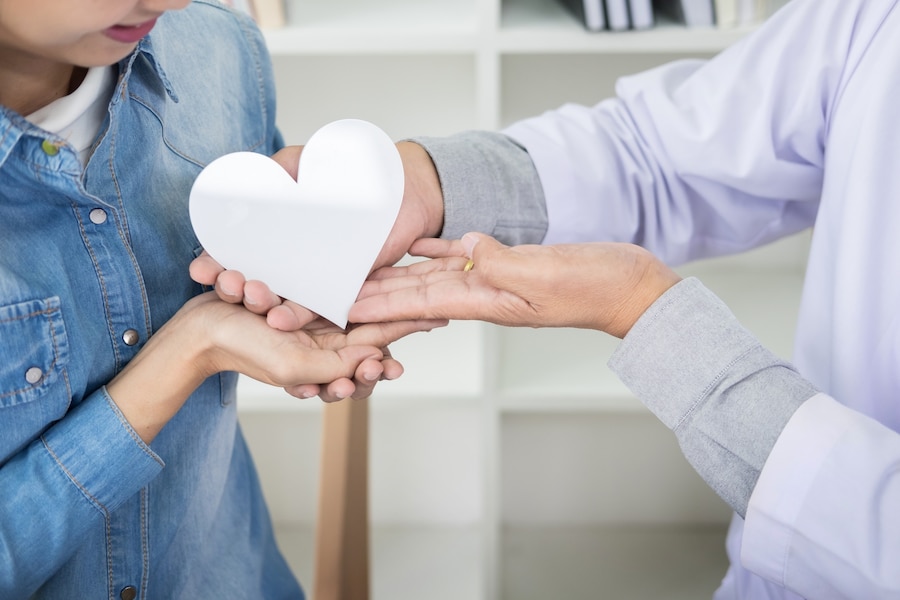
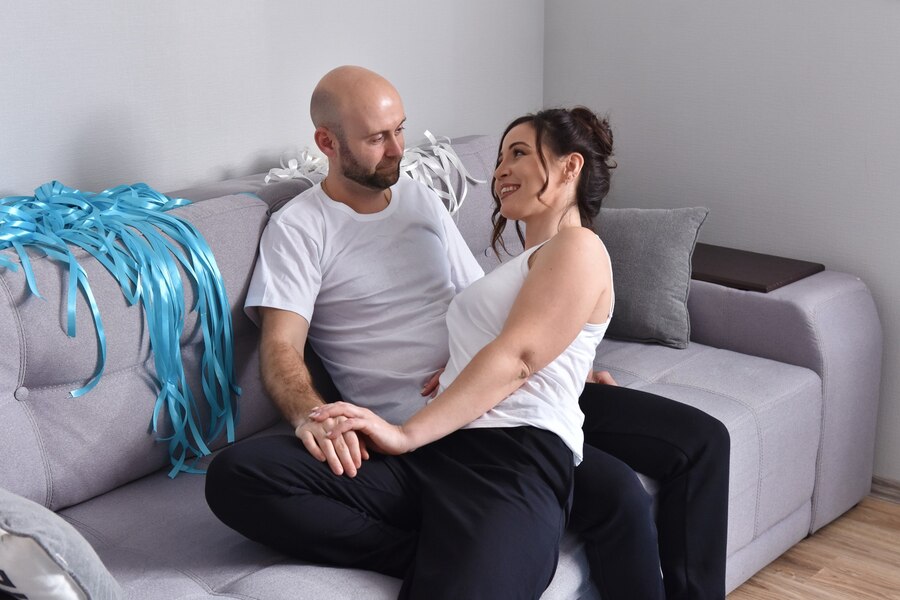
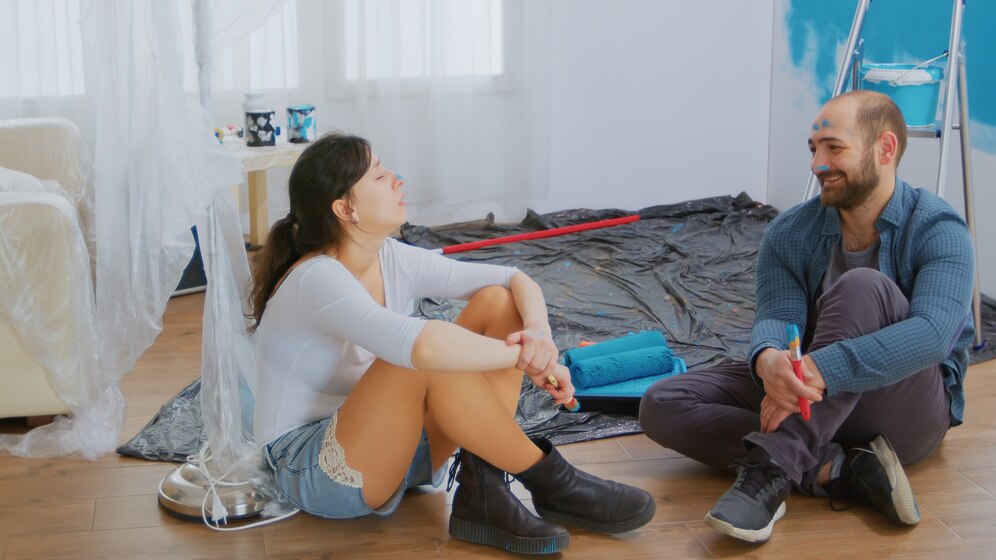

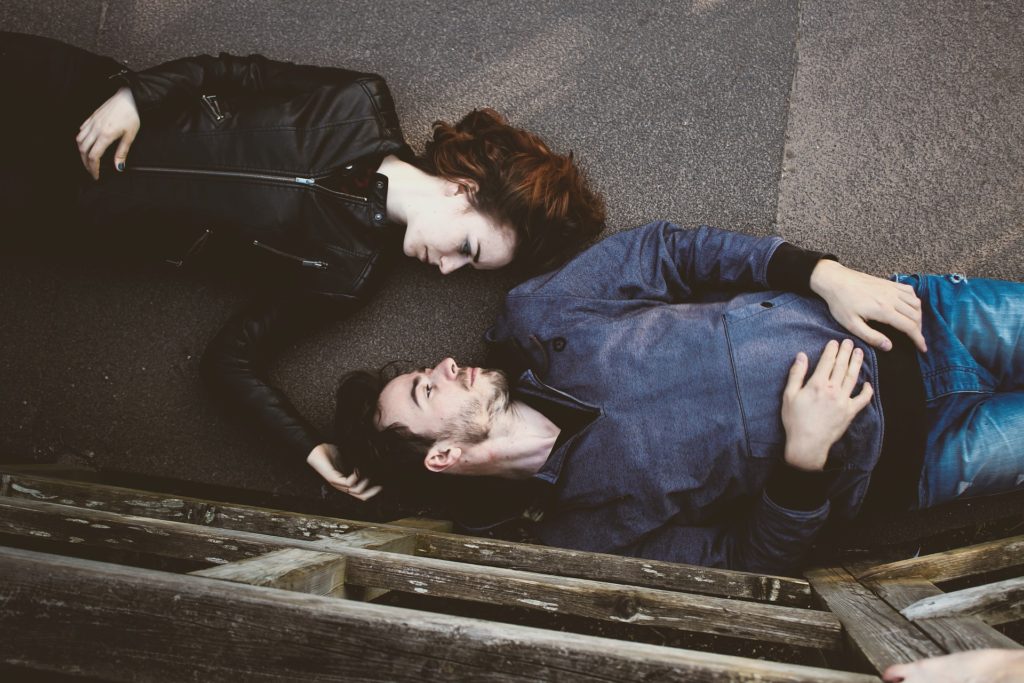

Recent Comments